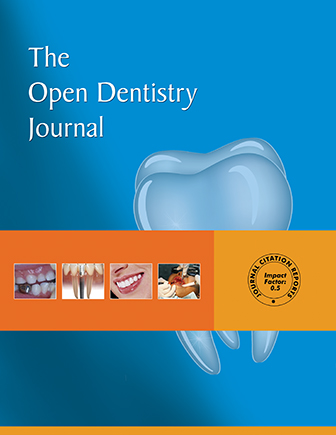COVID-19 Associated Stress Among Dental Students
Abstract
Background:
The COVID-19 pandemic has exposed the global population to a high risk of infection that constitutes a major stress factor, especially for vulnerable groups such as dental students.
Objective:
To assess levels of COVID-19 related stress and anxiety, changes in hygienic and social habits, as well as subjective worries regarding the dental profession among dental students.
Methods:
A self-structured questionnaire was sent to students at the College of Dentistry, Umm Al-Qura University. It included demographic data, questions about the level of change in personal hygiene and social habits, students’ perception about the sufficiency of information received during the outbreak and its source, subjective worries regarding the dental profession, and the Generalized Anxiety Disorder 7-item (GAD-7) scale. Two hundred fifty-eight responses were received.
Results:
Moderate and severe anxiety were reported in 17% and 4% of students, respectively, with non-significant associations between anxiety and gender or level of study. A high percentage of students (46.5% to 62.4%) reported great change in most hygienic and social habits with a highly significant association between change in buying more sanitizers and anxiety levels. Forty-six percent agreed that their job performance was not at its best, and 31% reported a possible intention to change profession, with the latter reported more by male students (63.8%).
Conclusion:
A considerable percentage of dental students in our college are anxious and changed their hygienic and social habits due to COVID-19. This anxiety reflects worries about the dental profession in one-third of participants that necessitate counselling services and psychological support.


